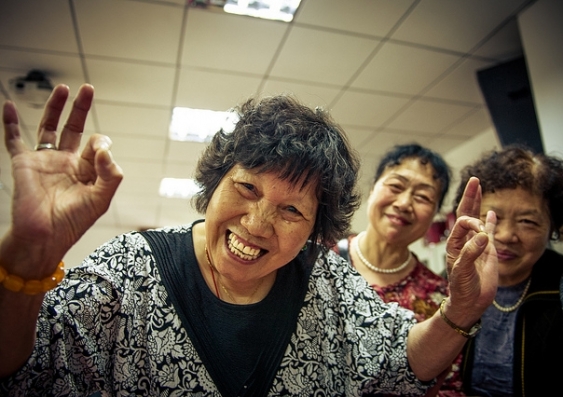Three researchers from the UNSW-based ARC Centre of Excellence in Population Ageing Research (CEPAR) have been awarded A$50,000 (US $37,500) to conduct a new online survey looking at Chinese preferences for long-term aged care and how it will be paid.
CEPAR’s Partner Investigator Professor Hanming Fang, from the University of Pennsylvania, and Senior Research Fellow Dr Katja Hanewald and Research Fellow Dr Shang Wu, from UNSW's School of Risk and Actuarial Studies, have been granted funds in the 2017 Quartet Pilot Project Competition at the University of Pennsylvania.
The team’s project, titled “Long-Term Care Financing using Home Equity Release”, will sample over 1,000 Chinese homeowners who are 45-70 years old and ask them to participate in an online survey. The survey will explore new funding mechanisms for long-term aged care, which allow individuals to receive care in their own home and use their housing equity to fund the related costs.
“This substantial research grant from the University of Pennsylvania shows that the social and economic consequences of population ageing in China are recognised increasingly as important areas of research,” says Dr Hanewald.
Long-term care costs are growing globally, but especially in China where economic development and family planning policies have resulted in rapid population ageing. In 2015, one in five older persons aged over 65 globally lived in China, while in 2050 one in four elderly – over 370 million people – will be Chinese.
The new project follows the team’s first survey on “The Role of Home Equity for Retirement Financial Planning in China”, which is funded by CEPAR and will be fielded in China in mid-2017.
“This is my first international research grant award. I am excited about the outcome. It encourages me and gives me confidence for future funding applications,” says Dr Wu.
CEPAR’s Australia-China Population Ageing Research Hub undertakes extensive research into the pension, social security and health implications of population ageing in China.
For more information go to the CEPAR website.


